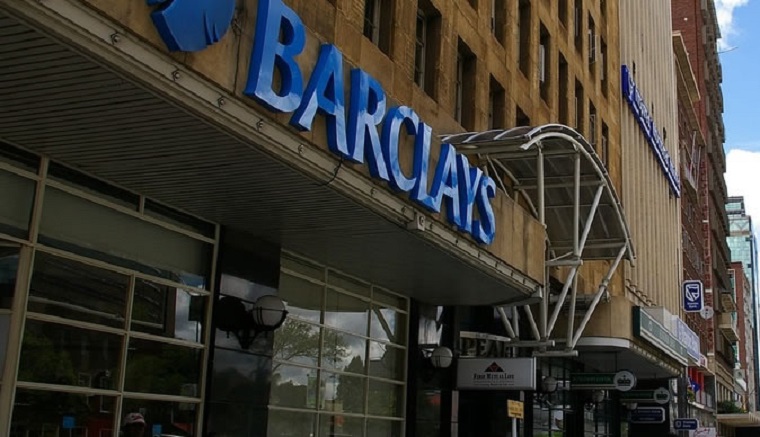Tendai Biti, opposition doyen, top lawyer and former Finance Minister, and Kudzai Chipanga, a ZANU-PF rabble rouser who believes his leader is an angel of God, have more in common than they would ever admit.
Last week, it was announced that Barclays Plc had sold its Zimbabwe unit to FMB, a banking group with operations in Malawi and elsewhere.
Biti and Chipanga reacted with vintage Zimbabwean exceptionalism.
Biti tweeted: “Malawi is one of Africa’s poorest countries. When one of its banks buys a major Zim bank something is not right in the motherland,” he said, adding the capitalised hashtag “#SHAME” for emphasis.
Soon after, Chipanga stood at a ZANU-PF rally in Marondera, berating the government for allowing Barclays to be bought by “these foreigners”.
Chipanga shouted: “We are very saddened to read in the press that Barclays is being sold and the people buying it are Malawians.”
Locals should have bought it, he said.
To Biti, a “bank from Malawi” should not be buying a Zimbabwean bank.
It is a reflection of the country’s decline.
And for Chipanga, we cannot have “the Malawians” buying our banks.
We can do so ourselves.
Biti and Chipanga are from two extremes of Zimbabwe’s political divide, but their reaction to the Barclays-FMB transaction represents two cancerous views widely held in many influential circles.
The first is the idea that we are somehow special, exceptional, and that we can pick and choose from which part of the world we must get investment.
Not all countries are worthy of giving us their money, we believe.
The second is the belief that foreign investment, in 2017, still has a specific, favoured geographical location.
Both these views reveal how, after decades of crisis and isolation, many of our commentators and policymakers are still hanging on to an old-fashioned image of Zimbabwe, Africa, and how the world of mergers and acquisitions (M&A) work.
Continued next page
(193 VIEWS)







0 Comments